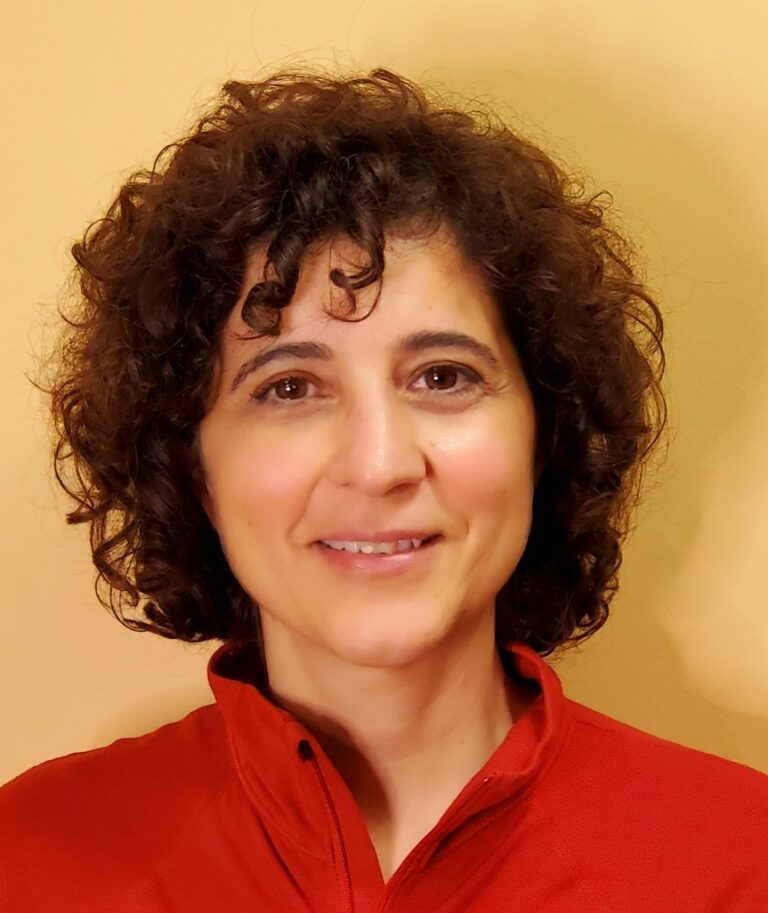York professors played vital roles at the Consortium of Excellence for the 17 Goals (C-17), which serves as the hub for academia, industry and governments from around the world to promote and achieve the United Nations’ Sustainable Development Goals (UN SDGs).
Spearheaded by the Risk and Insurance Studies Centre (RISC), the consortium is a recently formalized agreement with: the University of Lausanne, under the leadership of Professor Séverine Arnold; the University of Liverpool, under the leadership of Professor Corina Constantinescu; and York University under the joint leadership of Professors Edward Furman and Ida Ferrara.

Furman, in York’s Department of Mathematics and Statistics, Faculty of Science, leads the Actuarial Science program and serves as director of RISC. Ferrara is an applied micro-economist with the Department of Economics and deputy director of RISC.
In its efforts to engage with practitioners on important societal goals, as embedded in the UN SDGs, the consortium sponsored a session at the recent International Conference on Inclusive Insurance (ICII), an annual non-profit platform for all stakeholders to present and discuss issues, policies and innovative solutions for efficient, sustainable and inclusive insurance products. More information about the conference is available here.
This year’s conference, organized by the Insurance Association of Jamaica, the Munich Re Foundation, and the Microinsurance Network, took place in Jamaica from Oct. 24 to 28, with around 250 participants from more than 50 countries. Jamaica’s Minister of Finance and Public Service, Nigel Clarke, was in attendance and announced that Jamaica is set to become the first country in the Caribbean Community and Common Market (CARICOM) to have microinsurance legislation, with a bill to be introduced in 2023.
The focus of the discussions at this year’s conference revolved around strategies to manage climate risks and address the specific needs of small island countries. The consortium sponsored a session, facilitated by Ferrara, which considered the role of academics in the development and implementation of inclusive insurance and highlighted the imperative for a practice-informed approach and close collaboration among academics, practitioners, policymakers and other stakeholders to realize the full potential of science-driven results in addressing major societal challenges.

“I found the experience very rewarding,” said Ferrara. “I met wonderful people who have been grappling with the realities of making markets work for the poor and reducing the risk of poverty traps and who shared valuable insights and perspectives.”
The session featured four presentations: José Miguel Flores Contró, PhD candidate at the University of Lausanne, spoke of the cost-effectiveness of subsidization when considering the public cost of supporting those who fall below the poverty line; Kira Henshaw, postdoctoral research assistant at the University of Liverpool, and Constantinescu, who introduced the idea of country-level risk pooling and provided input on optimal matching of countries using data on floods/droughts in African countries; York Professor Tsvetanka Karagyozova shared her findings about the long-term impact of microinsurance on economic growth based on a sample of African countries.
In the final presentation, Michael McCord, managing director of the Microinsurance Centre at Milliman, underscored the importance of bridging the gap between academia and practice and provided insight into how to support and facilitate partnerships among academics, practitioners and regulators.
To further their commitment to promoting greater engagement between academics and practitioners, the proponents of C-17, along with co-guest editors McCord and Dirk Reinhard, vice-chairman at the Munich Re Foundation, are currently co-editing a special issue of the journal RISKS on inclusive insurance. The aim of the issue is to gather science-driven and practice-informed data to address opportunities and barriers for inclusive insurance and identify ways of accelerating growth and economic viability in inclusive insurance for the benefits of all parties (households, insurers, and governments) in emerging markets.
